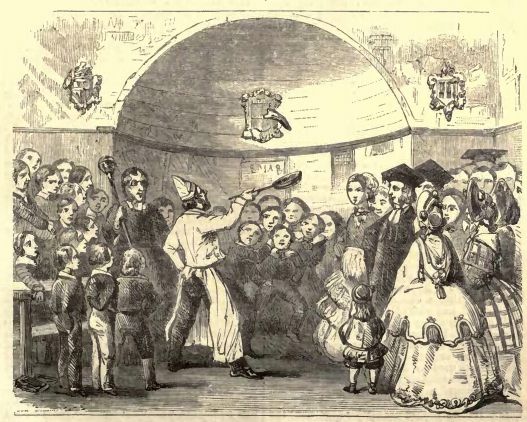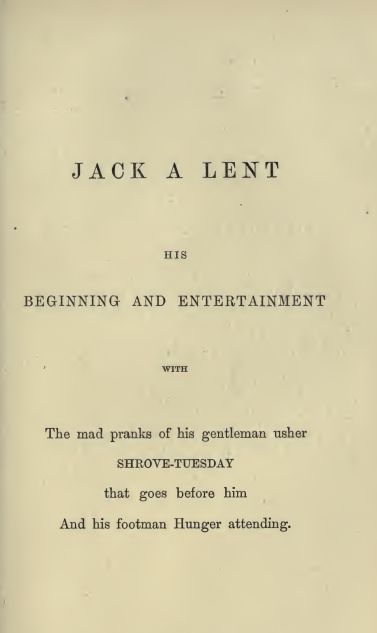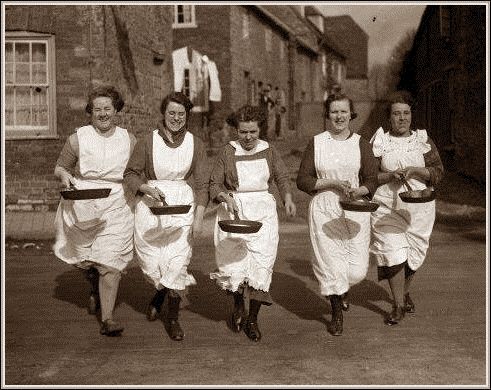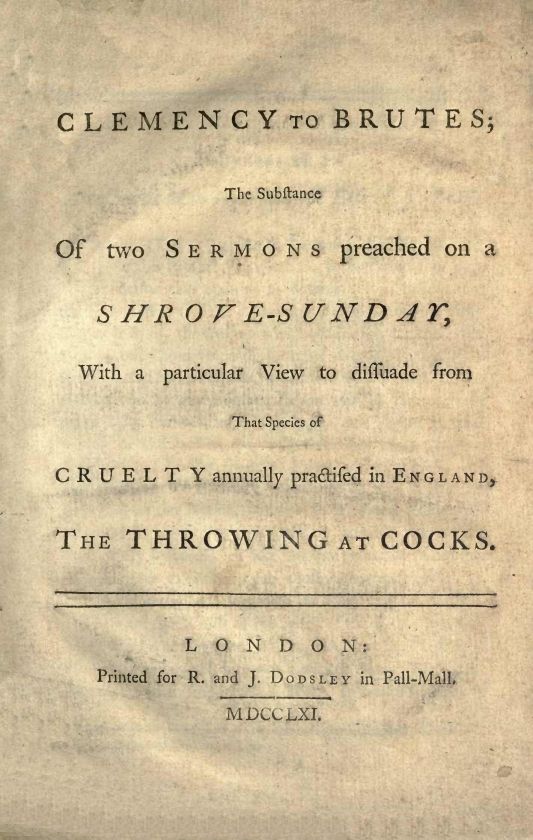nn
n
n
n
n Shrove Tuesday takes its name from the practice ofnbeing ‘shriven’ prior to the period of Lent, meaning that peoplenconfessed their sins (and so were shrove or shriven) before thenLenten fast. The day is more commonly known in our more secular times as PancakenTuesday, or simply Pancake Day, following the old custom of using up richerningredients such as eggs, fats and sugar before the forty days of fastingnduring Lent. In France, it is known as Mardi gras, meaning Fat Tuesday,nwhich also reflects this practice.
n
n
n
nWhat is not so well remembered is that thenday prior to Shrove Tuesday was called Collop Monday, collop being an old wordnmeaning a piece of meat, more usually slices of bacon, which were eaten withnfried eggs, again to use them up before Lent. The day after Shrove Tuesday is,nof course, Ash Wednesday which is the first day of Lent, when people go tonchurch and have a reminder of the origins (ashes to ashes, dust to dust)nplaced on their foreheads with ashes made from the burnt palms from thenprevious year’s Palm Sunday.
n
n
n
 |
| Pancakes |
n
n
n
nIn Britain, the pancakes are made from flour, eggsnand milk, whisked into a batter and fried in a frying pan (using lard, if younwant to be authentic), to make thin, flat pancakes which are sprinkled withnsugar and have fresh lemon juice squeezed over them (although some heathensnwill put golden syrup or even jam on their pancakes). Central to the pancakenceremony is ‘tossing the pancake’ whereby the cook flips the pancakenover in the pan using nothing more than a flick of the wrist.
n
n
n
 |
| Tossing the Pancake |
n
n
n
nIt is a comedynstaple, with every family having its own story of some unfortunate relativen(often a grandmother or an uncle) attempting to toss a pancake only to have itnstick to the ceiling, or land on their head, or fall onto the cat or some suchnother hilarious outcome.
n
nShakespeare, in All’s Well that Ends Well givesnthe Clown the line,
n
n
n
n“As fit as Tib’s rush for Tim’s forefinger; as anpan-cake for Shrove Tuesday, a morris for May-day”.n
n
n
 |
| John Taylor – Jack A Lent |
n
n
n
nJohn Taylor, the WaternPoet, writes about the making of pancakes in his Jack A Lent, using anmock-heroic style,
n
n
n
n“…there is a thing called wheaten flour, which thensulphery necromatic cooks do mingle with water, eggs, spice, and other tragicalnmagical enchantments, and then they put it by little and little into anfrying-pan of boiling suet, where it makes a confused dismal hissing like thenLernean snakes in the reeds of Acheron, Styx or Phlegethon, until at last bynthe skill of the cook, it is transformed into the form of a flap-jack, which innour translation is called a pancake.”n
n
n
nIn addition, there were all manner ofnassociated sports that were played, not least the Pancake Race, wherencompetitors (often housewives) would run a certain distance whilst tossing anpancake in a frying pan and, hopefully, not dropping it.
n
n
n
 |
| Pancake Race |
n
n
n
nOther sports werentug-of-war and football matches; in Lancashire, at Stonyhurst College, thenCatholic public school, there used to be the Grand Matches, played on ShrovenTuesday (and the Thursday and Monday preceding it), between teams calledn‘England’ and ‘France’ and including up to sixty or seventy players.nParticipants who especially distinguished themselves were given extra pancakesnand lemonade at the half-time interval. A rather more shameful ‘sport’ that wasnpracticed at many public and grammar schools, as well as throughout England inngeneral, was Throwing at the Cock, when boys threw sticks at a live cockerel.nSir Thomas More wrote, with pride, at his boyhood skill of at ‘casting ancok-stele’ (the word stele is still used in Lancashire to describenthe wooden handle of a long household brush).
n
n
n
 |
| Clemency to Brutes – 1762 |
n
n
n
nIn some places, the use of bowsnand arrows was allowed instead, as in this example by James Clegg, writing innhis diary about Shrove Tuesday at Rochdale Grammar School in 1686,
n
n
n
n“…yenyoung men of ye upper end of the school were shooting with bows and arrows at ancock, and the rest of us made a lane for the arrows to pass-through.”n
n
n
nThisncruelty is first mentioned in How the Good Wive taught hir Doughtern(1430), in the lines,
n
n
n
n“Go not to wrastelinge, ne to schotinge at cok,n
nAs itnwere a strumpet or a gigglelot,”n
n
n
nand was not abolished at ManchesternGrammar School until 1867.
n
n
n
nI mentioned Jack A Lent earlier, and this refers tonan effigy made from straw and old clothes that was traditionally stoned andnabused on Ash Wednesday and then burned on Palm Sunday. He was said tonrepresent Judas Iscariot, and the rough treatment of Jack A Lent (or Jack o’nLent) was thought to be revenge for the betrayal of Jesus Christ.
n
n
n
nI’ll returnnto Judas tomorrow.
nnn
n
nnn




















